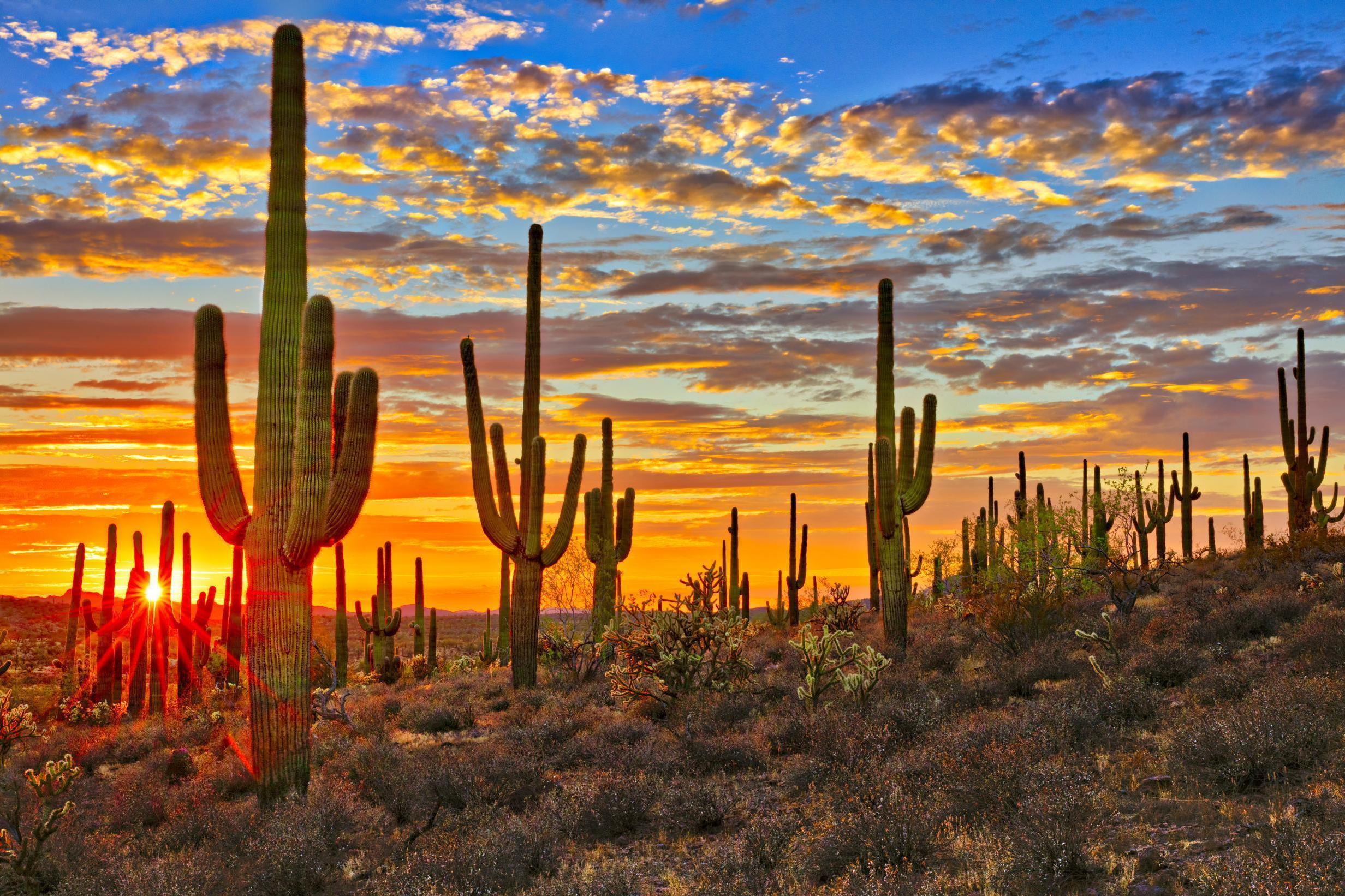Why does Arizona not follow US daylight saving time?
The state is one of two in the country that does not move the clocks forward

Your support helps us to tell the story
From reproductive rights to climate change to Big Tech, The Independent is on the ground when the story is developing. Whether it's investigating the financials of Elon Musk's pro-Trump PAC or producing our latest documentary, 'The A Word', which shines a light on the American women fighting for reproductive rights, we know how important it is to parse out the facts from the messaging.
At such a critical moment in US history, we need reporters on the ground. Your donation allows us to keep sending journalists to speak to both sides of the story.
The Independent is trusted by Americans across the entire political spectrum. And unlike many other quality news outlets, we choose not to lock Americans out of our reporting and analysis with paywalls. We believe quality journalism should be available to everyone, paid for by those who can afford it.
Your support makes all the difference.Daylight Saving Time (DST) is nearly here in the United States, meaning the clocks will go forward at 2am on March 8 to allow for an extra hour of daylight.
However, while most Americans lost an hour of sleep, those in Arizona weren’t affected - as the state is one of just two states that does not participate.
This year, citizens of Arizona and Hawaii were able to sleep through the commonly observed clock changing, just as they have for the past 51 years.
Although DST was originally introduced in the US during World War I, it didn’t become a yearly observance until 1966 - when it was made permanent under the Uniform Time Act.
Shortly after, Arizona and Hawaii decided to opt out of the change, with Arizona citing the climate of the state in 1968.
In Arizona, the summer months are extremely hot, with temperatures frequently reaching above 100F (37C).
Rather than subject citizens to another hour of blistering heat, officials of the state decided to leave the clocks as is - so that citizens wouldn’t lose the early morning hours where the temperatures aren’t as high.
One person on Twitter summed it up by explaining: “In the summer, we want the sun to go down ASAP.”
More than 50 years later, the choice to opt out of DST is catching on with other states - as California, Texas, Pennsylvania, Wisconsin, and Michigan are all considering adopting standard time permanently, according to CBS News.
According to proponents of the bill, the issue is safety - with the reported increase in car accidents and heart attacks following the loss of sleep a real concern.
Until the bills are approved, Arizona and Hawaii will remain the only states to not feel the impact of Daylight Saving.
During this time of year, Arizona, apart from the Navajo Reservation which observes DST, is just three hours behind New York.
Join our commenting forum
Join thought-provoking conversations, follow other Independent readers and see their replies
Comments